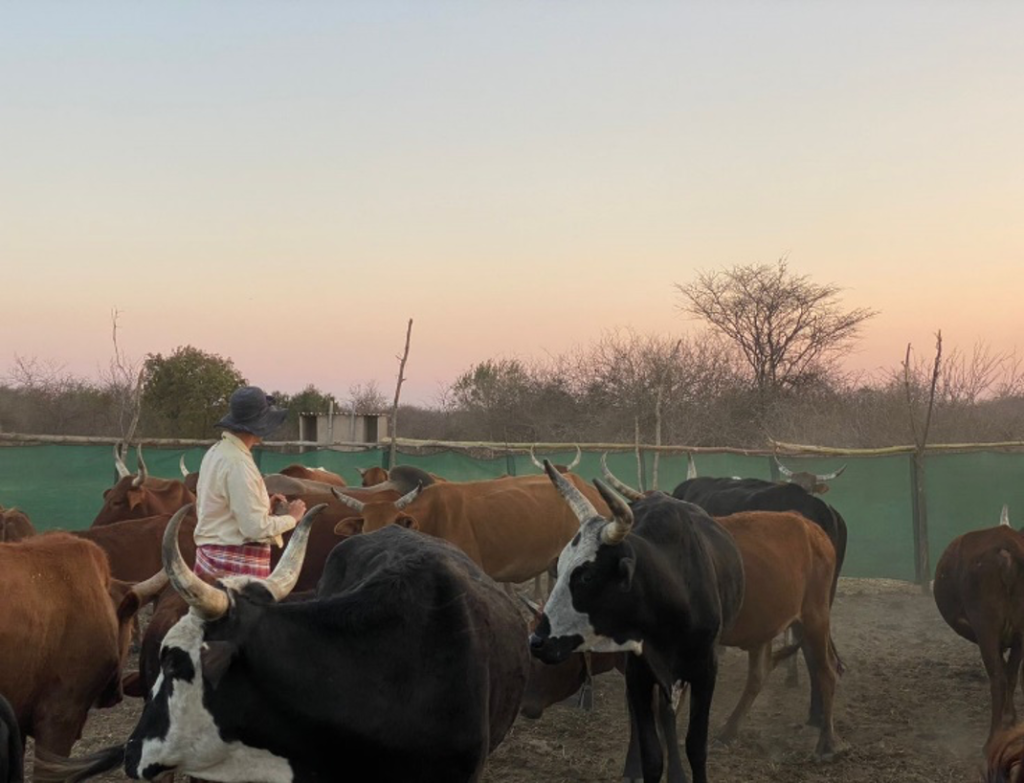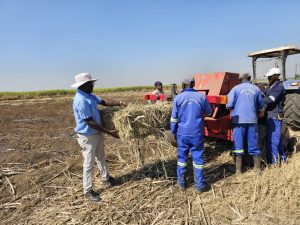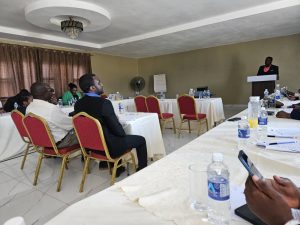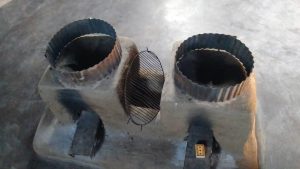Samson Cader
A local community based organisation, Centre for Gender and Community Development in Zimbabwe (CGCDZ) and its partner communities in Masvingo province are introducing innovative agricultural practices that promote land and livestock management.
The stakeholders believe that the movable kraal concept and the holistic land and livestock management can address some long-standing conservation challenges in rural areas.
The initiatives are being rolled out in Mbetu and Chipo Gardens in Masvingo district Ward 11, as well as in Chinyika village in Gutu district Ward 10.
Under the movable kraal concept, community members pool their cattle into a single herd which is then accommodated in a moveable kraal for a period of seven days.
The kraal is strategically placed on land designated for agricultural purposes, ensuring a concentrated release of urine and dung that enriches the soil with nutrients.
This reduces the need for chemical fertilizers thereby helping to preserve soil health and minimise environmental degradation.
During a knowledge exchange workshop in Chinyika, CGCDZ programs manager Nyararai Mudadi said the initiatives will help community members to enhance agricultural productivity and preserve natural resources.
“The trampling action softens the ground, reducing the labour required for tilling. The mobile kraal technology eliminates the need for chemical fertilizers for at least three years, significantly boosting agricultural productivity by up to threefold,” Mudadi said.
Some community members, however, raised concerns about the possibility of higher disease transmission rates under such an arrangement, saying there would be need for stronger veterinary services support.
Under the holistic land and livestock management concept, villagers bring together their cattle into a single herd, and rotate the responsibility for herding them between two teams.
The grazing plan and paddock system ensures controlled grazing and eliminates the need for long-distance herding. This allows community members to engage in other income-generating activities while ensuring sustainable livestock management.
“Continued support from organizations like CGCDZ, along with collaborative efforts between community members, stakeholders, and local authorities, will be crucial in scaling up these innovative practices and ensuring their long-term sustainability,” said Mudadi.






